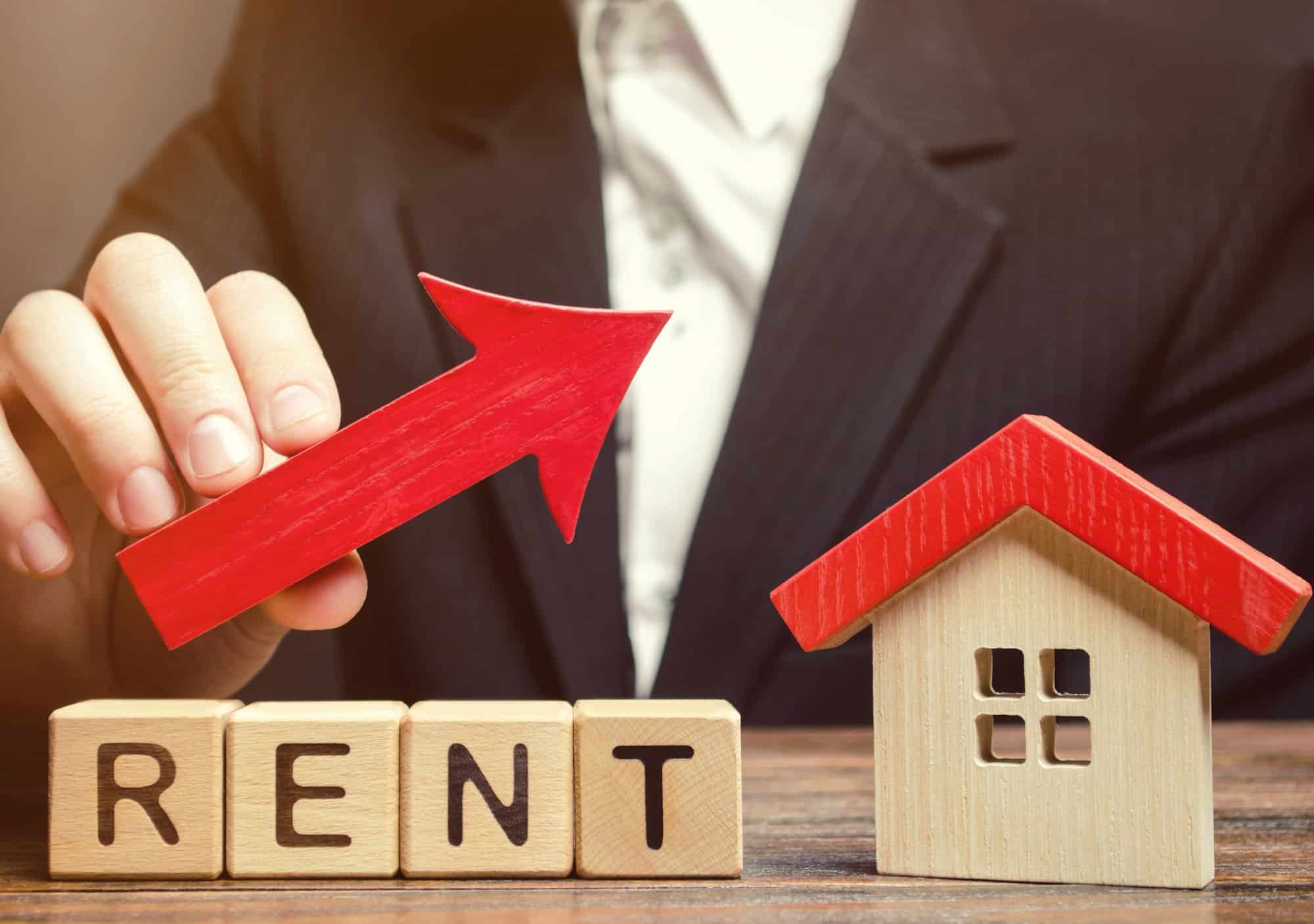Two out of every 10 landlords (21.4%) did not increase the rent by the 6.94% coefficient allowed by law this year and 10% kept it because they considered any increase to be unaffordable, according to a barometer by the Lisbon Landlords Association (ALP).
According to the 7th edition of ALP’s “Landlord Confidence” barometer, around a third of respondents didn’t apply the 6.94% increase because they have contracted by mutual agreement another annual coefficient in the lease, while 14% of respondents preferred to update the rent by another percentage “because they believe that the coefficient calculated by the National Statistics Institute (INE) for 2024 could put their tenants into default”.
“Despite being permanently demonized in public opinion, 10% of these landlords have kept the rent unchanged, because they consider that any increase would be unaffordable for the tenants’ households,” the association emphasizes.
Meanwhile, 9% of respondents decided not to make any increase “because they currently have an income that allows them to live comfortably, without the need to take purchasing power away from tenants”.
According to the ALP, in this edition of the barometer there were “two phenomena that gained ground and reveal a lack of confidence in the rental market over the past year”, attributed by the association to “the instability caused by the ‘Mais Habitação’ package”: The sale by landlords of houses they had on lease and the increase in non-compliance with rent payments.
“Almost 9% of respondents say they have sold properties that were used for traditional rentals,” he notes, adding that “in addition to this, almost 6% of landlords say they have transferred properties that were used for traditional rentals to short-term rentals,” namely for accommodation for students or foreign professionals or digital nomads.
The association also notes that half (50%) of respondents point to real estate and rentals as markets with increasingly unattractive margins, while 43% consider them to be “bureaucratic and difficult to understand” and 29% indicate that it is an investment that requires excessive operating costs.
Even so, for almost a quarter of respondents (24%) it is a profitable and safe market to invest in.
Despite the reformulation of affordable rental programs and the creation of programs such as “Arrendar para Subarrendar” (Rent to Sublet), as part of the “Mais Habitação” (More Housing) package, the responses collected by the ALP barometer indicate that only 2% of those surveyed have signed contracts under these programs.
The barometer also shows that almost a quarter of landlords (23.6%) report cases of non-payment of rent by tenants at the end of the third quarter of this year, with 30% having more than half a year’s rent in arrears and 28% between two and three months.
Even so, according to the ALP, less than half of landlords (48.7%) who are in breach of contract are considering an eviction and, of those who are not going to go to court to claim payment, most (25%) point to the fact that it is a lengthy process and costs more than the amount owed.
For 18% of landlords, the solution is out of court, while 15.6% say they understand the economic and social situation tenants are going through, 17% believe that justice always favors tenants and 4% say they don’t have the means to go to court.
Asked what the first measure to be adopted by the new government, which takes office today, should be, 20% of landlords point to the issue of freezing rents (which affects contracts prior to 1990) and 15.8% say they just want to be seen by the executive as “partners” and not as “enemies”.
The promotion of a “fiscal shock”, with a considerable reduction in taxation on real estate, is the third measure most demanded by property owners in the 7th edition of the ALP Barometer, which received more than half a thousand responses and was carried out between March 14 and 22.









